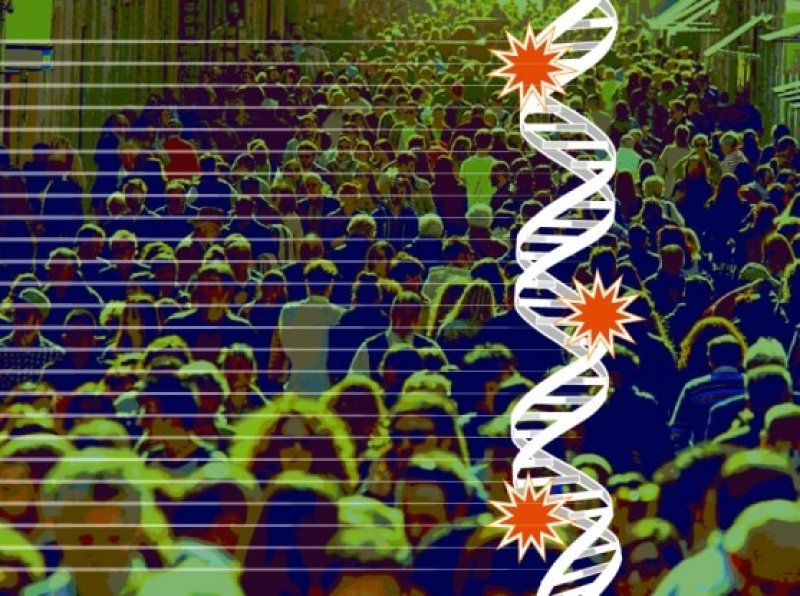In the quest to separate nature from nurture, scientists seeking to understand the contribution of genetics have more tools. A recent paper in Nature Genetics, Gene discovery and polygenic prediction from a genome-wide association study of educational attainment in 1.1 million individuals, is one example, and I have written about several others… . Genome-wide Association Studies or GWAS are increasing in the scientific literature and beginning to leak into the mainstream media. But how do these studies work, are they useful, how can I tell the good from the bad?
…
GWAS studies begin by carefully defining a phenotypical outcome.
…
With phenotype in hand, researchers work with well described quality controlled genomic data for a large population.
…
The profile of genetic variation, sometimes further refined and termed a polygenic score, is then used to predict the outcomes for the remaining population, the test set, uncovering the genetic effect. … But do not let the word effect fool you, GWAS talk about the prediction and strength of an association, they do not explain causation.
…
GWAS are a powerful tool helping us understand the relationship between nature and nurture, but as with any tool, it has both limitations and moments of great utility. Hopefully, you can navigate between the two and understand for yourself what the science is telling us.
Read full, original post: Genome-Wide Association Studies – ACSH Explains































